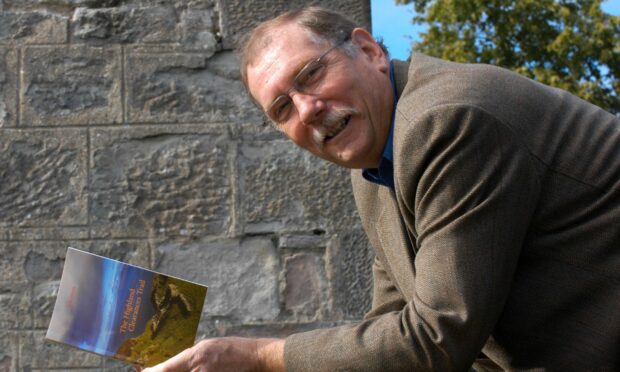A former senior SNP MSP is warning Scottish Government agencies are often holding back efforts to halt rural depopulation and accelerate land reform, amid fears communities will be blighted with “carbon offset colonies”.
Rob Gibson urged his former party colleagues at Holyrood to remove a series of “avoidable obstacles” he believes are slowing progress.
The former MSP for Caithness, Sutherland and Ross spoke to us about his concerns before a series of events at Holyrood, Inverness and Newcastle with journalist Peter Hetherington.
The pair warn carbon colonies have been created in the UK instead of community benefit.
The problem is linked to the rise of a new generation of “green lairds” buying up land for tree-planting and other initiatives, often in secret deals at inflated prices.
The authors believe communities should be benefiting from the new “carbon conscious economy”, and should be supported to produce more food locally.
Mr Gibson said there were a series of achievable measures that could help communities in the short-term.
The former convener of the Scottish Parliament’s rural affairs, climate change and environment committee said: “Land reform in Scotland is hugely popular but the laws passed in 2003, 2015 and 2016 take time for rural and urban communities to use the extensive enabling powers they lay out.
Green lairds
“Meanwhile, depopulation is increasing, energy and food prices go sky high due to Brexit, Covid, war in Ukraine – and land prices soar due to new green lairds.
“But too many Scottish public agencies such as Forestry and Land Scotland, Transport Scotland, CalMac, the publicly-owned crofting estates and council planning practices could do much more for local resilience.”
He said the forestry commission recently offered one deer management contract for all of the north Highlands, and that such centralised contracts exclude small local businesses.
Mr Gibson, who was an MSP from 2003 to 2016, said agencies should not be pitching at large contractors, based far from the planned work.
He also argued that Transport Scotland could be doing more to help rural residents near main roads in sparsely-populated areas.
“Affordable housing and woodland crofting projects need new road access but incur unacceptable extra costs due to regulations designed for urban areas that don’t fit rural regeneration,” Mr Gibson said.
On Scotland’s ferry operator, he added: “CalMac must change policy and base ferries on islands they serve.
“Recruiting island dwellers who can sleep at home overnight instead of on board could slow population drift to the mainland and cut new build-ferry costs.”
Mr Gibson highlighted that the Scottish Government is the crofting landlord to 104,000 hectares.
“The newly elected Crofting Commission must be instructed to access common grazing land for affordable housing working with crofting townships,” he said.
‘Forced to leave’
“Far too many children of crofting areas fail to find a home there, where they wish to live, and are forced to leave,” he said.
Mr Gibson said a fast-track was needed for local community developments, modular housing, as well as food and energy schemes.
And he questioned why proposals for community groups were treated in the same way by council planning officials as private applications, rather than given preferential treatment.
“Human rights underpin Scottish land reform laws and the public interest in repopulation, local food and energy,” he said.
“Quangos and agencies may be guilty of impeding sustainable rural and island futures.
“Ministers must ensure their agencies support land reform policy.”


